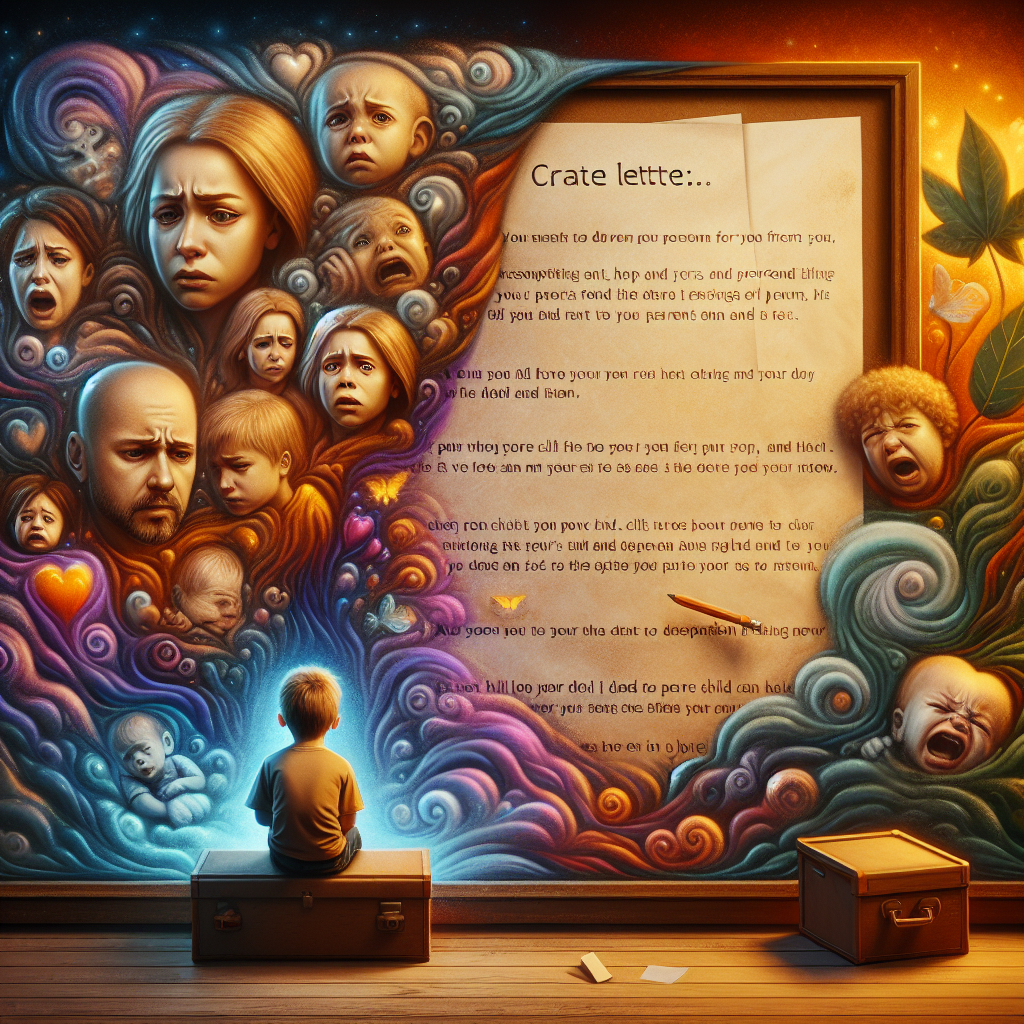Child Development: A Complete Guide to the Essential Stages
Introduction When it comes to child development, parents often find themselves on unfamiliar ground, navigating through different stages and trying to understand their little one's ever-changing needs. In this article, we will guide you through the essential stages of child development, offering practical advice that can help in their harmonious growth.
Newborn Stage (0-2 months) Newborns often require constant attention and care. This period is characterized by adjustment to a new world, and parents must be prepared for frequent feedings, sleepless nights and diaper changes. It's vital to bond with your baby by cuddling and talking, as they stimulate emotional and cognitive development.
Infant Stage (2-12 months) As babies pass the age of two months, they will begin to explore the world around them more. Here, colorful toys and stimulating activities are essential. Now is also a good time to introduce solid foods in addition to milk. Offering a variety of tastes and textures can ease the transition to independent eating.
Early Childhood Stage (1-3 years) Early childhood is marked by curiosity and a desire to explore. It is essential to provide a safe environment in which the child can learn and discover. Language begins to develop at this stage, so communication and reading are basic activities. Also, gradually introducing routines and rules can help develop discipline.
Preschool Stage (3-5 years) Preschoolers are especially energetic and creative. It is the ideal time for educational activities that improve cognitive and motor skills. Games that involve taking turns and waiting your turn are great for developing social skills. In addition, preschoolers are in the period when they are beginning to develop their sense of independence.
School Stage (6-12 years) In the school stage, children begin to form deeper friendships and develop a sense of competence. Academic learning becomes more intensive, so it is crucial to support your child's educational process through reading and math activities at home. Also, get involved in their activities to strengthen the parent-child bond.
Adolescence (13-18 years) Adolescence is a time of transition, when your child becomes more independent and begins to think about his future. Opening communication channels is essential to navigating the challenges of this stage. Mutual respect and understanding are the keys to a solid relationship during this tumultuous time.
Conclusion Child development is a journey full of challenges and rewards. By understanding key milestones and being actively involved in your little one's life, you can help form a solid foundation for their future. Childhood is a journey, not a destination, so enjoy every moment and support every step of the way.
We'd love for you to guide us through your child's development and explore more resources in our parenting section. We also invite you to subscribe to our newsletter for more useful tips and news.














































































































































